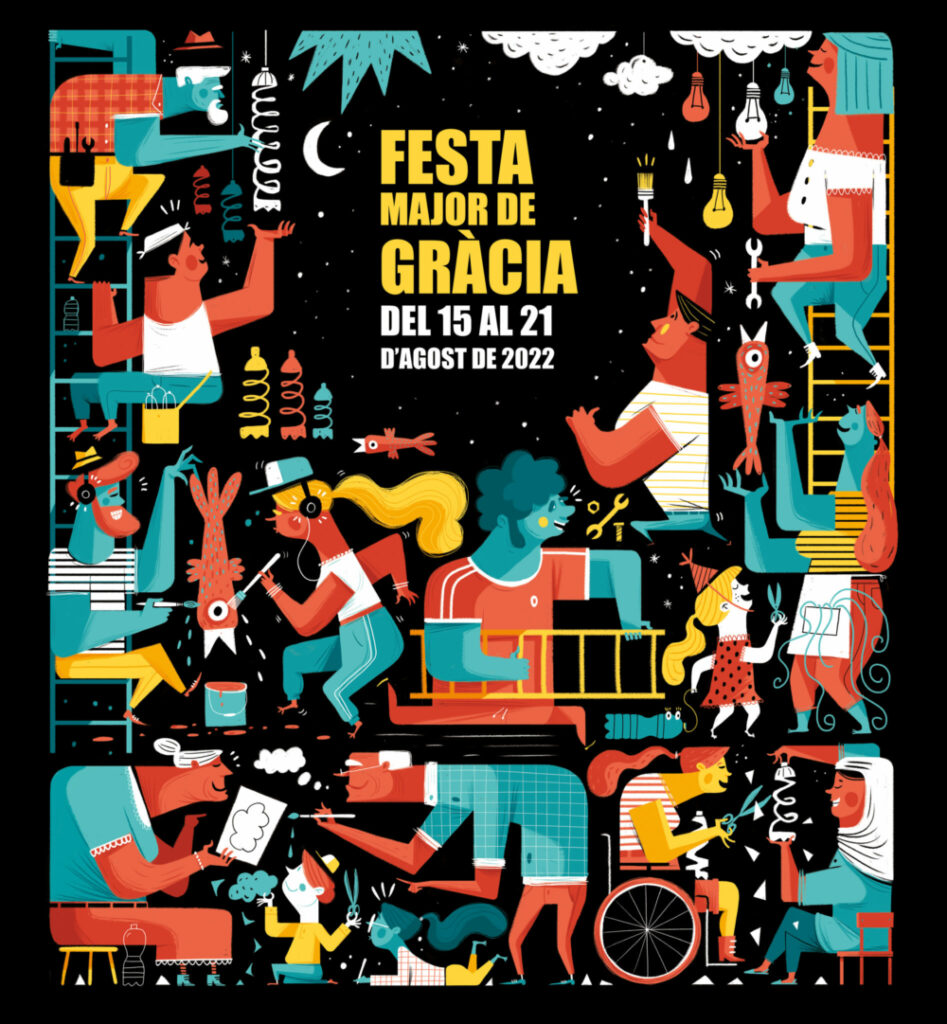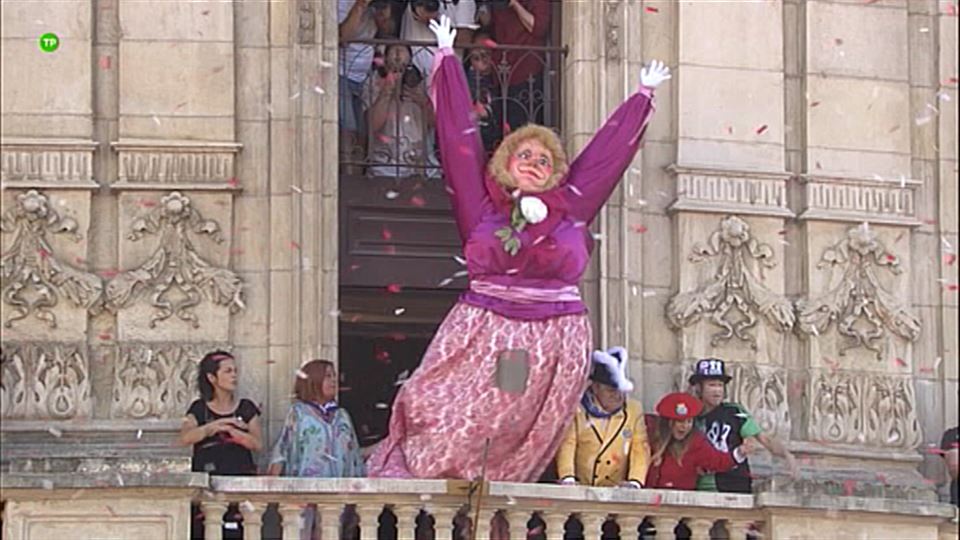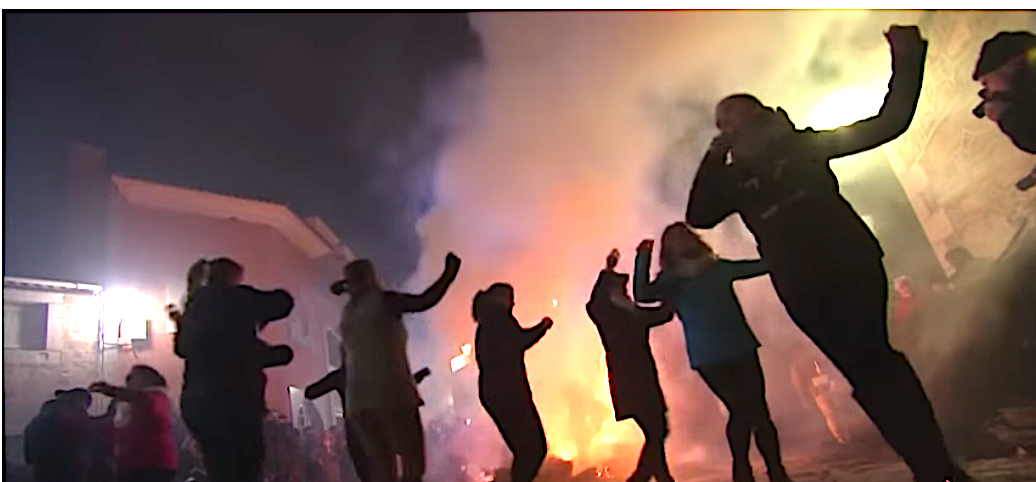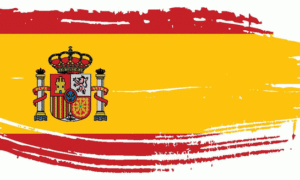Spaniards love nothing better than a good festival, especially if rivers of wine, music, dance, and fireworks are involved. There are plenty of festivals across Spain during the summer and beyond; some last only a day, others up to a week.
All are a time for locals, tourists and expats to mingle, language barriers disappear in the general merry making and problems and concerns fly out the window for the time being.
Strangers become fast friends, sometimes even for life. The only purpose is having a good time, dancing in the streets and plenty to eat and drink. Some festivals, such as the Tomatina of Bunõl may appear a bit weird, but there is a reason and tradition behind all of them. (That said, the Tomatina festival may have started with locals throwing tomatoes after a disappointing performance by a musician.)
Las Fallas Of Valencia
The fallas – Valencia’s biggest and most important festival – took place earlier this year from 3 February to 19 March. The festival is celebrated every year in March and literally starts with a bang, called mascleta. Every day at 2 p.m., celebrants shoot gunpowder and fireworks in the Plaza de Ayuntamiento to a deafening display of light and noise.
Central figures of the fallas are the ninots, gigantic figures made of wood and papier-mâché that are placed in streets and squares and carried around in processions. There are awards for the best. At the end of the festival they are burned in huge bonfires, although a few are “pardoned” and kept in the fallas museum.
People dress up in beautiful, traditional costumes. There is even a Fallas Queen elected. Kids have their own fallas celebrations. There are several fallas clubs with their own artisans to craft the ninots.
Put this one on your calendar for 2023.
The Bonfires of San Juan in Barcelona and Valencia
The 23rd of June is St John’s night, is a very special event in Spain. It is celebrated as Midsummer Eve with huge bonfires that are lit on many beaches in Spain, but especially in Cataluña.
Traditionally people bring along old furniture or household goods they don’t need anymore and set them on fire. The tradition has it that the flames cleanse everything of evil spirits and deter witches from roaming around causing havoc. Tradition also has it that it brings good luck to jump though the fire three times. The Correfocs, or “fire-runs,” arrive dressed as devils in white from head to toe, dancing to the drum beat and hurling firecrackers into the crowds for a few final minutes of madness.
The San Juan Bonfires on the beaches are the occasion for a big party where people not only bring the firewood but also their own food, drink and music. Barceloneta Beach in Barcelona is a particularly popular place for San Juan Bonfires.
Between Malvaross Beach and Las Arenas Beach in Valencia there are several places where firewood is stacked that you can pick up for your own bonfire. For once, during the night of San Juan, lighting a fire on the beach is not illegal.
Haro Wine Fight (Batalla del Vino)
Sticky, messy and hot, the Haro Wine Fight is a special kind of festival of a special kind. Haro is a small town in the Rioja region, well known for its excellent wine. On 29 June, St Peter’s Day, the population more than doubles because of the participants of the “battle.”
Dressed in traditional red and white garb, they assemble at 7 a.m. and follow the major of Haro – who is on horseback – on a 7 kilometer- long procession to the caves of Riscos de Bilibio and the Hermitage of San Felice.
A flag is raised, a short payer is said, and the warriors start throwing wine at each other, using whatever devices they have at hand. There are several theories about the origin of this festival which seems to date from the 6th century, but is a much loved tradition and entertainment.

Gràcia Street Festival (Festa Major), August In Barcelona
Gràcia is an uptown district in Barcelona with a decidedly bohemian atmosphere, laid back and artistic. From 15 August to 21 August every year, the streets of the neighborhood come to life as residents compete to win the prize for the best decorated street. Residents decide on their own theme, from dinosaurs to underwater life or lights that look like umbrellas.
In addition there are shows and concerts to make this festa major a truly outstanding street festival. Because of the many cafes and restaurants in Gràcia there is a great choice of food and drink too.

Aste Nagusia celebrations in Basque regions
Bilbao is the location where the week long Aste Nagusia celebrations start on the Saturday of the last week of August. Crowds start to gather at the iconic Arriega Theatre on the banks of the Nervion River. Then Marijaia, the central figure of the festival, makes her entrance and the Big Week starts.
As fireworks rockets shoot into the sky, a weeklong party is under way with the streets lined with food and drink tents and parades of giants for the kids. There are concerts, folk dances and Basque sports like wood chopping competitions and stone carryings. There are nightly fireworks that light up the sky and at the end, Marijaia – throwing her hands up in the air – is set on fire.
Other festivals:
Xàtiva in Valencia is one of the oldest in Spain, dating back to the 13th century. This is August agricultural festival has a full program of activities including markets, cattle sales, concerts, theatre representations, contests, sporting competitions, regional folklore, fireworks, “tiro y arrastre” (competition where animals compete to pull the biggest loads), young bull-running, bullfights and more.
La Tomatina in Buñol is one of the few festivals with no religious or historical significance. Residents of Buñol, throw tomatoes in tomato fight purely for the fun of it.
Las Luminarias Festival, another festival of fire, is held in January. Riders and horses jump through giant bonfires on the eve of St. Anthony’s day in the village of San Bartolome de Pinares about 100 kilometers from Madrid.
Moros y Cristianos (Moors and Christians) Festivals, just returned post-pandemic this past June. Here’s the link for the 2023 event.
__________
Read more here about festivals in Spain in Dispatches’ archive.
Inka Piegsa-Quischotte is an international attorney-turned-travel and lifestyle writer based in Spain. She has contributed to BBC/Travel, several in-flight magazines, TripSavvy (Spain) and TravelAwaits among many other publications.














